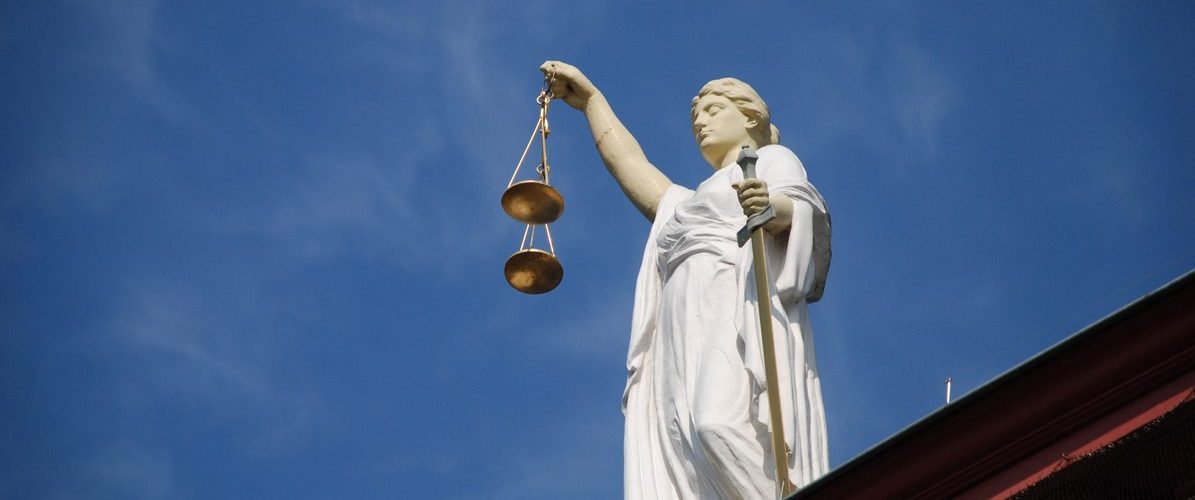Article in the EU VAT Directive
Articles 167, 168, 178, 203 of the EU VAT Directive 2006/112/EC.
Article 167 (Origin and scope of right of deduction)
A right of deduction shall arise at the time the deductible tax becomes chargeable.
Article 168
In so far as the goods and services are used for the purposes of the taxed transactions of a taxable person, the taxable person shall be entitled, in the Member State in which he carries out these transactions, to deduct the following from the VAT which he is liable to pay:
(a) the VAT due or paid in that Member State in respect of supplies to him of goods or services, carried out or to be carried out by another taxable person;
(b) the VAT due in respect of transactions treated as supplies of goods or services pursuant to Article 18(a) and Article 27;
(c) the VAT due in respect of intra-Community acquisitions of goods pursuant to Article 2(1)(b)(i);
(d) the VAT due on transactions treated as intra-Community acquisitions in accordance with Articles 21 and 22;
(e) the VAT due or paid in respect of the importation of goods into that Member State.
Article 178 (Rules governing exercise of the right of deduction)
In order to exercise the right of deduction, a taxable person must meet the following conditions:
(a) for the purposes of deductions pursuant to Article 168(a), in respect of the supply of goods or services, he must hold an invoice drawn up in accordance with Sections 3 to 6 of Chapter 3 of Title XI;
(b) for the purposes of deductions pursuant to Article 168(b), in respect of transactions treated as the supply of goods or services, he must comply with the formalities as laid down by each Member State;
(c) for the purposes of deductions pursuant to Article 168(c), in respect of the intra-Community acquisition of goods, he must set out in the VAT return provided for in Article 250 all the information needed for the amount of VAT due on his intra-Community acquisitions of goods to be calculated and he must hold an invoice drawn up in accordance with Sections 3 to 5 of Chapter 3 of Title XI;
(d) for the purposes of deductions pursuant to Article 168(d), in respect of transactions treated as intra-Community acquisitions of goods, he must complete the formalities as laid down by each Member State;
(e) for the purposes of deductions pursuant to Article 168(e), in respect of the importation of goods, he must hold an import document specifying him as consignee or importer, and stating the amount of VAT due or enabling that amount to be calculated;
(f) when required to pay VAT as a customer where Articles 194 to 197 or Article 199 apply, he must comply with the formalities as laid down by each Member State.
Article 203 (Persons liable for payment of VAT to the tax authorities)
VAT shall be payable by any person who enters the VAT on an invoice.
Facts
- The plaintiff is a farmer and forester and (among other things) operates a commercial trade in timber.
- In the years 2011 to 2013, the plaintiff purchased the timber from his upstream suppliers, with whom he had net agreements, with the VAT in the respective invoices at the standard rate of 19%.
- The plaintiff subsequently sold and delivered the timber to his customers under tax rate of 7% as firewood.
- The upstream suppliers each declared the turnover and paid the 19% tax to the tax authorities.
- The plaintiff declared output sales at only 7% and for his part deducted the input tax from the deliveries in the amount of 19%. The resulting tax liability was paid by the plaintiff to the tax authorities.
- The plaintiff was at no time in danger of becoming insolvent. There is no suspicion of fraud
Questions
The provisions of Directive 2006/112/EC – in particular the principle of tax neutrality and the principle of effectiveness – in the circumstances of the main proceedings, that the applicant is entitled to a claim for reimbursement of the excess VAT paid by him to his upstream suppliers, including interest, directly against the tax authority, even if there is still the possibility that the tax authority might be claimed by the sub-suppliers due to a correction of the at a later point in time due to a correction of the invoices, and then – possibly – no longer have recourse to the plaintiff, so that there is a risk that the tax authority will have to refund the same VAT twice?
AG Opinion
Decision
Summary
Source
Similar ECJ cases
- C-35/05 (Reemtsma Cigarettenfabriken) – No refund of VAT via 8th VAT Directive if not legally due
- C-564/15 (Farkas) – Undue payment of VAT. Purchaser must be able to adress his application for reimbursement to the tax authority directly in case of insolvency of the seller
- C-691/17 (PORR Építési Kft.) – Refusal to deduct VAT in case VAT reverse charge is not applied
- C-273/18 (Kursu zeme) – VAT recovery in supply chain transaction; VAT fraud presumed but not proven
Reference to the case in the other EU MS
Newsletters
Join the Linkedin Group on ECJ VAT Cases, click HERE















